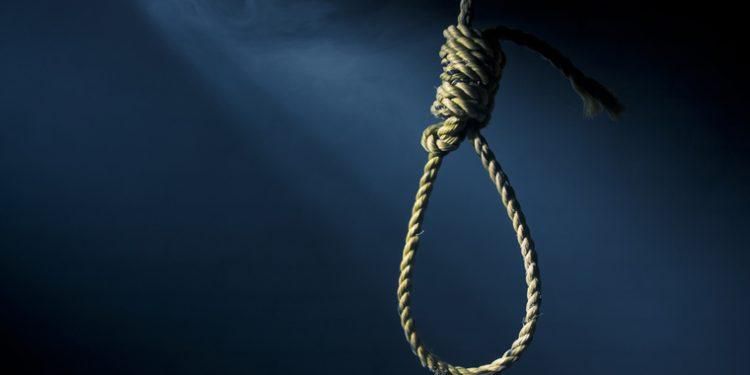Here's one of the smallest countries in Africa with the highest suicide rate
)
Non-governmental organisations, such as HelpLesotho, are determined to change this dire statistic by equipping young people with the skills to manage their mental health. In the town of Hlotse, about a two-hour drive from the capital, Maseru, social worker Lineo Raphoka runs regular group therapy sessions for young women.
During one of these sessions, 24-year-old Patience shared her perspective with the group. "People think it's against our African principles, our cultural experiences, against our spirituality as Africans, and as a community at large," she told BBC. "But we are also shying away from the fact that it is happening. I'm talking from a perspective where I’ve lost three friends to suicide, and I've personally attempted."

These sessions aim to break down the stigma surrounding mental health and provide much-needed support to those at risk. By addressing the cultural barriers and fostering open discussions, organisations like HelpLesotho hope to reduce the high suicide rates and bring about positive change in the community.
During a group therapy session in Hlotse, 35-year-old Ntsoaki shares her heart-wrenching story. She becomes emotional as she recounts being raped in a hospital. "The doctor told me I was too attractive. Then he took out a gun and told me he wanted to have pleasure with me, and if I didn’t, he would kill me," she says.
Ntsoaki describes how suicidal thoughts became a recurring escape. "Every time with suicide, I always thought it was the only solution. I couldn't do it, I had no strength to do it. The only thing that kept me moving or alive were the faces of my brothers. They believe I'm strong, but I'm weak." The group reassures her that she is strong for sharing her feelings.

As the session concludes, the women are chatting and smiling, expressing how sharing their stories has made them feel better. The reasons behind suicide are often complex, making it difficult to pinpoint a single cause. Despite this, social worker Lineo Raphoka sees recurring patterns that explain Lesotho's high suicide rate. "Mostly they go through situations such as rape, unemployment, loss because of death. They abuse drugs and alcohol," she explains.
A World Population Review report in 2022 revealed that 86% of women in Lesotho have experienced gender-based violence. Meanwhile, the World Bank reports that two in five young people in Lesotho are not employed or educated. "They're not getting enough support from their families, friends, or any kind of relationships that they have," Ms. Raphoka continues.
This lack of support and the stigma surrounding mental health are pervasive issues in Lesotho. People often express discomfort talking about their mental health for fear of being judged.
![The best way to help someone with depression is to listen without judgment [VerywellMind]](https://image.api.sportal365.com/process/smp-images-production/pulse.com.gh/27092024/e409d104-d388-4054-8811-c799503e7511)
One evening, sitting in a bar in Hlotse where men drink local beer and discuss politics while football plays on TV, I steer the conversation towards mental health. "We do talk about it, we say let's open up," Khosi Mpiti tells me. Despite these conversations, the cultural barriers remain strong, making it challenging for many to seek the help they need.
Addressing the mental health crisis in Lesotho requires not only providing support and resources but also breaking down the stigma that prevents open discussions about mental health. Through the efforts of NGOs like HelpLesotho and the bravery of individuals sharing their stories, there is hope for change and healing in the community.
Source: BBC

)
![The health benefits of ginger and garlic are unbelievable [Food NDTV]](https://image.api.sportal365.com/process/smp-images-production/pulse.com.gh/01082024/5b4e44ba-339f-485e-b69a-43cf8c8332e5?operations=autocrop(236:157))
)
)

)
,fit(112:112))
)
,fit(112:112))
,fit(112:112))
)
,fit(112:112))